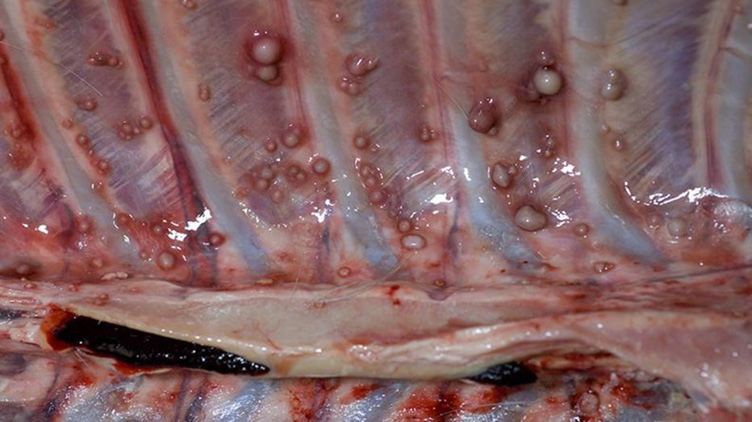Bovine Tuberculosis (TB) is a major risk to public health, farmers and their families, and the livestock sector. As a farmer it is your responsibility to reduce the risk of Tuberculosis infection on your farm.
How does TB spread
In Fiji, the main route of infection is by breathing in droplets of mucus from the lungs of infected cattle. Heavily infected cattle can also spread TB through milk, urine, faeces, pus or any body fluids. TB can survive for a long time in the environment and can also spread via contaminated footwear, clothing, equipment/machinery etc. In some countries, there are also wildlife species that can spread or carry TB. However, in Fiji no wildlife (including mongoose) has been confirmed as a source of bovine TB spread.
The whole of Fiji has been declared a biosecurity emergency area due to high levels of bovine TB. Movement of cattle is prohibited unless the Biosecurity Authority of Fiji (BAF) provides authorisation in advance of the movement. It is to be noted that lack of secure fencing on farms poses a huge risk of spread of this deadly disease through movement of infected cattle to nearby farms.


